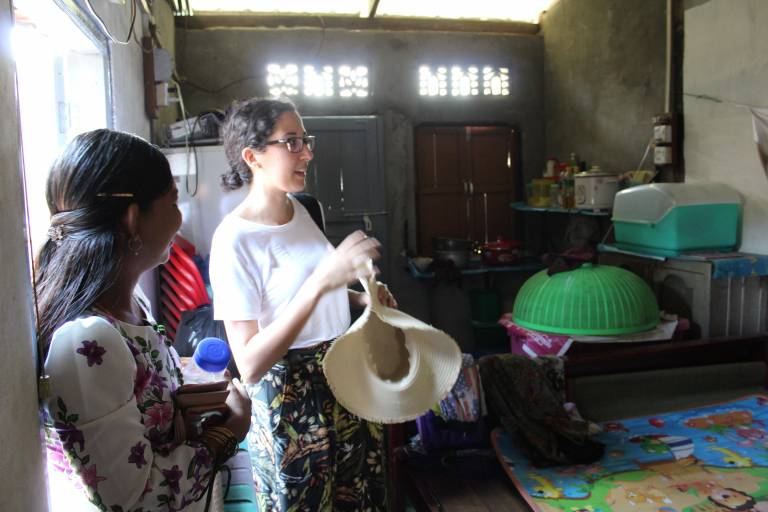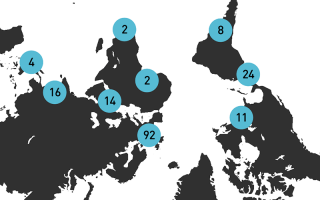
Current organisation Thurrock Council/ Public Practice
Role Senior Design Officer
Short summary of main tasks
- Take the lead in setting the department’s community engagement approach, including design charettes
- Working on the production of design codes and guidance to inform human-centered development in Thurrock
- Championing design quality through advising on a range of projects including housing and public space
My undergraduate studies took place during extraordinary circumstances. In my second year of studies in architecture and urban planning, a wave of uprisings and revolutions spread across the Middle East and North Africa, including my hometown of Benghazi. Classes were suspended as students went out to protest, protect their neighbourhoods and raise their voices so that the rest of the world could hear what was happening in Libya. With my architecture education on hold, I found myself volunteering with newly formed civil society groups and discovering civic activism. It was an exhilarating time, a time when it felt like we were writing our own history.
Classes eventually resumed, and I found myself frustrated by the gap between what I was learning in university and the reality happening outside the classrooms. I still wanted to be an architect, but I wanted to use my skills in a way that could contribute to the every day urban problems in my city. New spaces of participation, engagement and conflict were being shaped in Benghazi as the country attempted to transition to a new political system, issues that needed new ways of thinking.
A brief stint in an architecture office after I graduated showed me that I couldn’t work as an architect in the traditional sense. I began working within international development while keeping my civil society hat on, and it was there that I realized that the space I wanted to work in was between the two worlds; urban design and development planning. Architecture school did not prepare me to work with local authorities, national government agencies, tribal representatives and a whole host of other groups all vying to influence the shaping of the city.
I wanted to further develop my thinking and theoretical background, which led me to the BUDD program. It was exactly the course I needed – a critical approach to the multi-scaled problems facing developing cities by looking at it from various lenses. But more than that, it was also learning about how different cities around the world deal with these issues, which made me realize that Libya was not alone and its problems not wholly unique. The programme was also beneficial in that it didn’t claim to have any answers or frame issues as black or white; rather, the issues our cities face need a different way of analyzing and tackling them, using tools such as post-colonial theory to achieve this.
After graduating, I still had a desire to learn lessons from other cities. I eventually joined Public Practice as an associate, where I will be working with a public sector local authority in the UK on placemaking through community engagement and form-based design codes. But I didn’t forget Benghazi. I have been working on creating connections and links between what I’m learning in the UK to the issues facing my city, by continuing to volunteer with urban-focused organizations and working with architects and practitioners. The knowledge I gained at BUDD, and the lasting friendships with both my professors and fellow students, have been invaluable to this process.
 Close
Close


